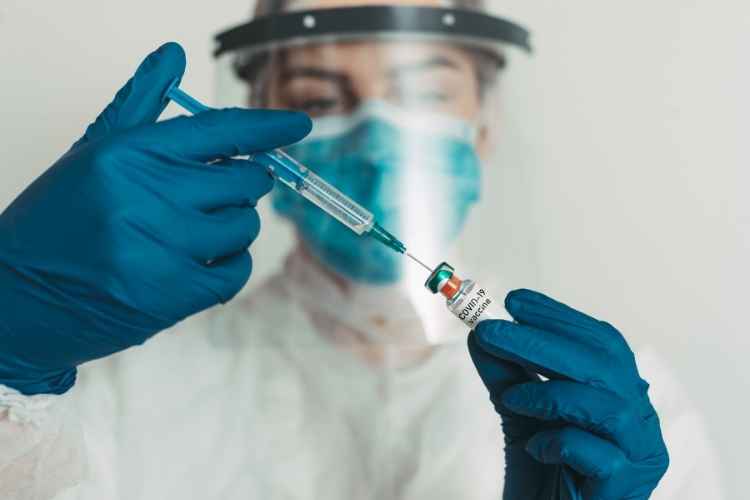The first mRNA vaccine in the world began its role out in 2020 after production at an incredible speed in the global effort to curb the covid 19 pandemic. The covid 19 vaccines, one by Pfizer and the other one by Moderna, marked the first time the mRNA vaccine technology was approved for use. During the trials, the vaccines were found to be 94% effective in preventing people from the severe symptoms associated with the coronavirus. But how effective is this technology?
In the history of mRNA vaccines, Edward Jenner, a British physician, made the first world’s vaccine against smallpox by administering a patient with pus from the sores of a maid who had contracted a biologically related virus from cows in 1976. 200years later, researchers and scientists have created more vaccines against different viruses using the same method, which is essentially giving people a form of the virus itself.
mRNA technology is transforming the field of vaccines
So far, many people have been vaccinated against the coronavirus that causes covid 19 using the game-changing possibility of mRNA covid 19 vaccines. Although many people feel that the technology was rushed, universities and labs have been exploring using RNA rather than viruses in building the human body’s immunity against diseases. According to experts, the covid 19 crisis has forever transformed and advanced the field of vaccines.
The basis for the two first vaccines to be approved for public use by the Food and Drug Administration (FDA) is based on the messenger RNA (mRNA) technology that induces cells to trigger an immune response against the SARS-CoV-2, a virus that causes covid 19. Many researchers and scientists believe that the success will introduce the most radical change in the field of vaccines since Edward Jenner tapped a cow virus two centuries ago.
Experts say that mRNA technology will be used to create a wide range of vaccines and treatments in less time and lower costs than the traditional methods. The technology’s use in creating a covid 19 vaccine will undoubtedly give more evidence about the safety and effectiveness of the technology.
mRNA theory as a biological software
Although the idea of making vaccines with mRNA is a new idea to the general public, the technology has been here for a long time. mRNA first emerged as an alternative to traditional vaccine development in the 1990s based on studies involving injecting RNA into mice.
Essentially, mRNA is a molecule that delivers instructions to cells to trigger the production of specific proteins. Proteins enable a virus to replicate once it attaches to a cell, and therefore they are essential for the success of a viral infection. For instance, the coronavirus attaches to a cell with a spike protein leading to the viral replication that transforms it into a covid 19 infection.
The principle behind mRNA vaccines is that mRNA will trigger a cell to make a protein used by the virus hence setting off an immune response that enables the body to fend off the actual virus.
In conclusion
The mRNA technology is promising in scientific experiments and lab trials with experts aiming to create vaccines and therapies against viral diseases and cancer.

